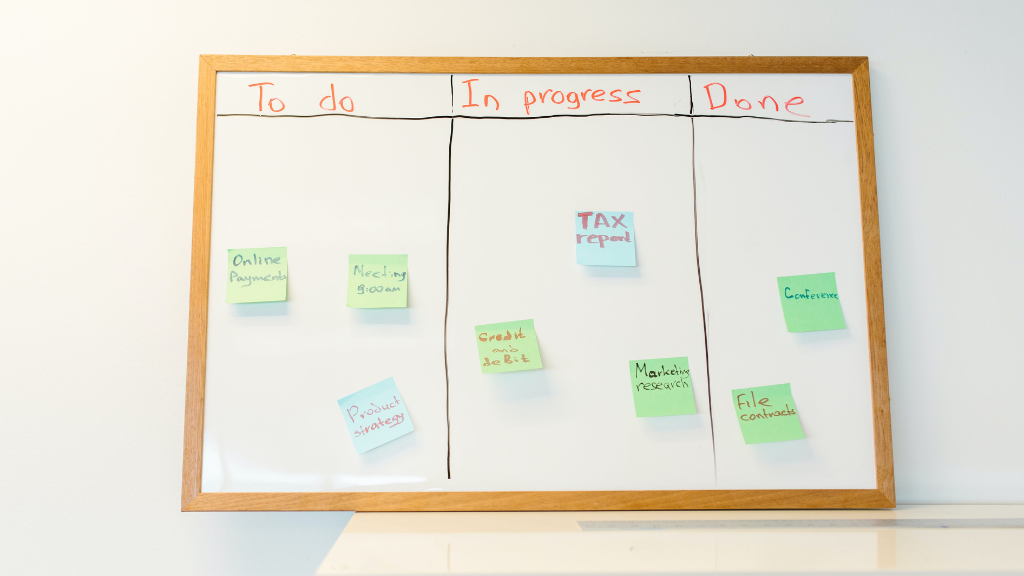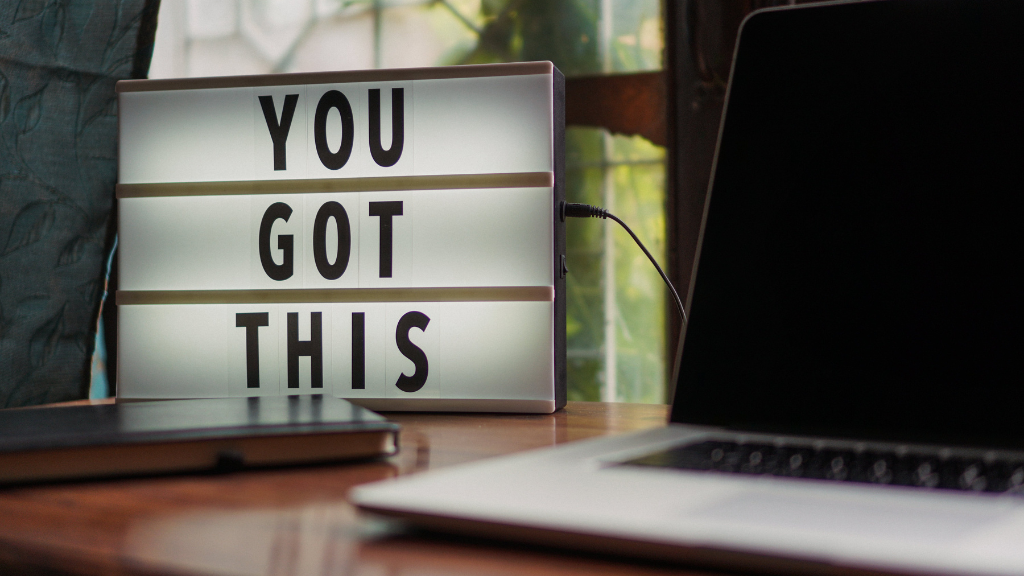7 Tips to Combat Negative Stress in Everyday Work Life
Everyone is occasionally confronted with stress in everyday life or at work. But not all challenging situations are the same. While overcoming challenges together brings satisfaction, the wrong planning or attitude can quickly wear on your nerves. Read our new blog to find out how even small changes can successfully combat negative stress in everyday working life.

What stresses us out in everyday life
Stress is human. It boosts performance in emergency situations and has protected us from danger countless times in human history. Working together in a team on a large project often triggers so-called positive stress and fills us with joy and affirmation. In other situations, however, stress is unnecessary and the cause of many modern civilization diseases.
When it comes to stressors – factors that cause negative stress – many people put their job or education at the top of the list. However, it is precisely in these situations that you can avoid the stress you feel by taking a closer look at your behavior and thought patterns. We have therefore prepared 7 tips here on how you can organize your everyday working life without negative stress in future.
Create a Healthy Balance
If you can’t stop thinking after work and you’re still struggling internally, it’s high time to work on your work-life balance. In concrete terms, this means finding activities that are fun, relaxing and physically activating. In many cases, sport is a fantastic balance, as a lot of jobs are either done sitting down or involve very monotonous movements. A walk in the woods, a game of badminton in the park or a yoga class with friends provide relaxation and a physical workout at the same time.

Breathe Mindfully
A real life hack for stress is to control your breathing. When we are stressed, our breathing automatically becomes shallower and faster. Stress activates the sympathetic nervous system – the part of the nervous system that ensures our survival in dangerous situations. However, because stress in this day and age is often not triggered by a specific danger that we have to flee from or fight, this activation is not always useful. With a few conscious, deep breaths, in which the exhalation may be slightly longer than the inhalation, you take the wind out of the sails of stressful situations and activate the parasympathetic nervous system, also known as the resting nerve, which ensures relaxation.
Get Organized
Keeping your workplace and especially your to-do list tidy can make a big difference when it comes to organizing your working day without negative stress. Having to search for your tasks in ten different emails, post-its and notepads is not only inefficient. Rather, it also prevents you from sorting tasks according to importance and processing time – and thus being able to work through them more productively. It also avoids the feeling of being overwhelmed if you don’t have an overview of your tasks and their deadlines.

Know Your Own Rhythm
Are you an early bird or do you only really get going later? Do you need absolute peace and quiet at work, does music help or do you prefer a dynamic environment? Which distractions are you particularly susceptible to? Knowing all these factors can help you to create an optimal working environment in which you can work in a relaxed and productive manner. The feeling of not being able to perform to your full potential due to the situation is one of the most common stressors at work.
Pay Attention to Nutrition
Especially in stressful phases, we often neglect a healthy diet, turn to nutrient-poor fast food, wolf down our food or skip entire meals. However, resilience – the ability to deal with stress – requires sufficient fuel, which is why such habits often increase stress even more. Wholesome, nutritious meals, enough time to eat and soul food, such as nuts in between meals, help the body to deal with stress.

Set Meaningful Boundaries
Saying no requires inner strength. At the same time, it is one of the most effective anti-stress tools of all, because knowing your own limits prevents you from being overwhelmed. If you take on too much and don’t realize when you’ve reached your limit, your own productivity will also suffer. Saying no politely and in good time ensures that the workflow in the team does not suffer and that resources can be allocated fairly and effectively from the outset.
Be Aware of Your Own Strengths
Much of the stress we feel has its origins in insecurity and a lack of self-esteem. Anyone who constantly doubts their own abilities will always feel insecure in the world and therefore in danger. Constantly being aware of your own strengths, celebrating big and small successes and not taking criticism personally are good tactics for increasing your self-confidence and not letting yourself get rattled so quickly. A team of colleagues who encourage each other and in which positive cooperation is part of everyday working life is particularly helpful here.

Conclusion: resilience can be learned
Overworking may be human – but it is by no means without alternative. Those who pay more attention to their own needs at work, such as the right diet, work rhythm and personal boundaries, can also cope with stressful moments more easily. Healthy balance, through sport, wellness or meditation, helps to strengthen your own resilience and keep a cool head even in high-performance phases.
A working day with high productivity and little negative stress has a lot to do with the external conditions and a good sense of community within the team. We at Rejlek know this and, as a family business, we place a lot of value on strong cooperation so that we can continue to realize your new projects in a relaxed and successful manner.



